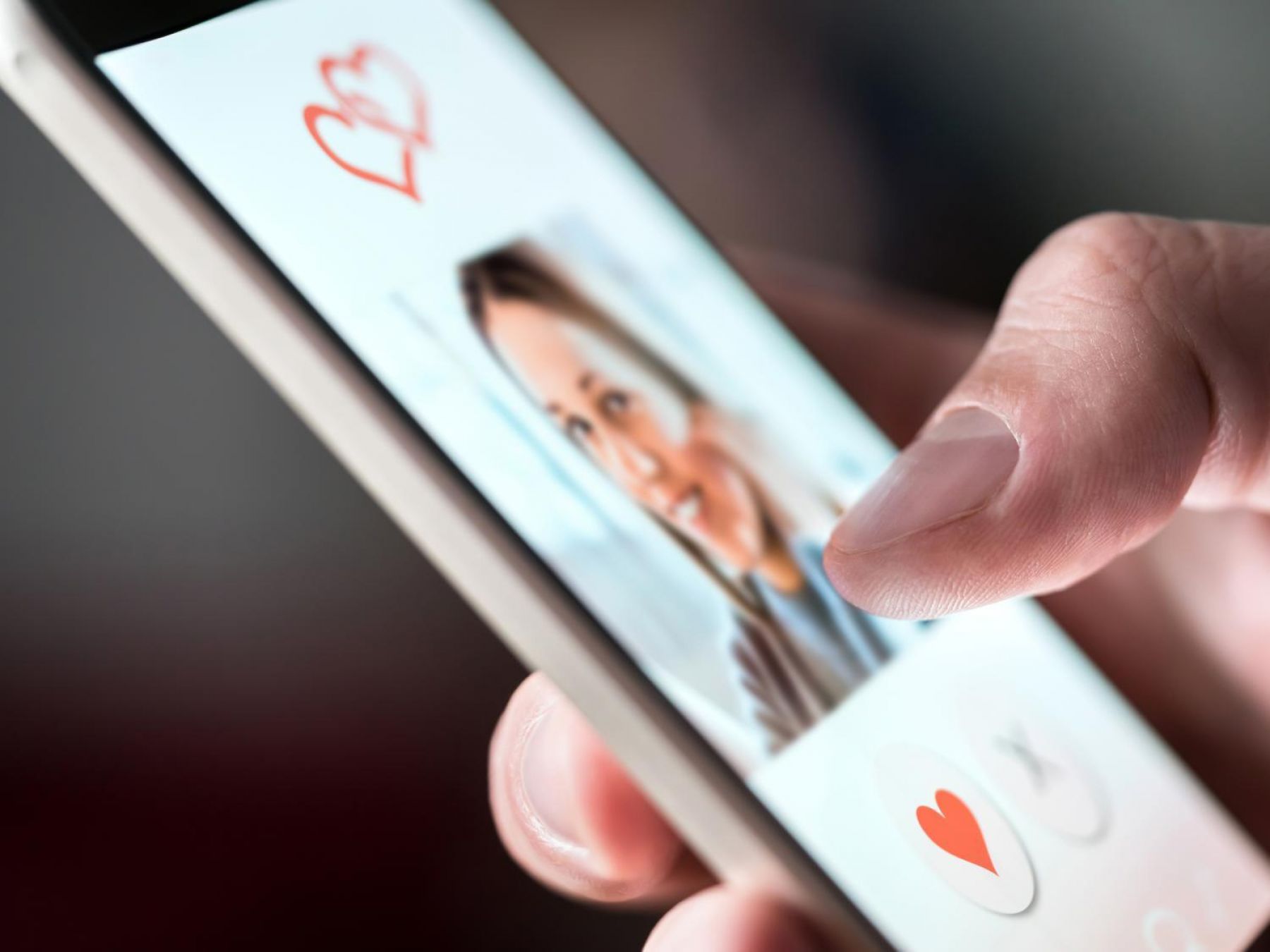Tailoring affects people's perceptions of dates suggested by online dating apps

Users of online dating apps evaluate date-worthiness of recommended partners based on the tailoring process used by the app, according to new research led by Penn State. The team’s results suggest that it matters whether the app used an algorithm to suggest potential partners or used the date preferences indicated by users.
“The popularity of online dating has increased in recent years,” said S. Shyam Sundar, James P. Jimirro Professor of Media Effects, Penn State, with 30% of American adults saying they have used online dating services since 2019, according to the latest U.S. survey conducted by the Pew Research Center. “Technology has made the matchmaking process very efficient, thus contributing to the popularity of online dating sites.”
Yet, Sundar noted that, until now, little was known about how users perceive date recommendations based upon the app’s mode of tailoring — either customization, in which the users directly offer input regarding their partner preferences to get appropriate recommendations from the app, or personalization, in which the app makes algorithm-driven recommendations on behalf of the users based on personal information of the users.
To investigate these perceptions, the researchers recruited 184 participants from Amazon Mechanical Turk. They randomly assigned each participant to one of four experimental groups — customization, personalization, both customization and personalization, and control.
In the customization group, participants provided information about what they look for in their romantic partners. In the personalization group, participants provided information regarding their own qualities to get their tailored matches suggested by the app. For the combined group, all the questions included in the personalization and customization conditions were used. In the control condition, none of the above questions were asked except basic questions, such as gender and sexual orientation.
Regardless of the group to which they were assigned, all participants were exposed to identical screenshots of a mock mobile dating app that offered the same eight date suggestions. The only difference was whether the suggested dates were all males or all females, based on the sexual preferences of the individual participants.
The researchers found that while participants tended to identify a higher proportion of date-worthy partners in the personalization and customization groups compared to the control group, it was the combination of the two strategies that resulted in the greatest number of worthy dates. This was particularly true for participants who had more experience with online dating services. Those without such experience found more dates as worthy of dating if they had engaged in customizing their preferences.
“Users may feel a greater sense of control when they provide information about their partner preferences,” said lead author Eugene Cho, assistant professor of communication studies, The College of New Jersey. “But they may also feel a sense of trust in app-generated date recommendations. Offering users various filtering options and encouraging them to provide more personal information to the system may enhance their perceived quality of the search outcomes.”
The team also found that non-power users — those who lack general competency and motivation to utilize new technologies — evaluated the expected personalities of the suggested dates as more attractive in the absence of tailoring of any kind, while the distinction between the different information tailoring strategies made no difference in power users’ evaluations of the suggested dates.
“One explanation for the negative evaluations of their ‘tailored’ matches by the dating app seen among non-power users may be their reluctance to share such personal information online,” said Cho. “If this is the case, finding ways to better signal security in terms of personal information management could alleviate privacy concerns among non-power users.”
Overall, the study shows how different information tailoring behaviors could lead to different user perceptions of suggested dates in a dating app.
“It seems the more information you provide to the system, the more people you will perceive as being worthy of dating,” said Sundar. “To increase user confidence in finding more potential matches, app planners could consider requesting the maximum possible information from users about themselves and their preferred partners.”
The results, published on Oct. 1 in the journal Computers in Human Behavior, could inform the planning and design of more user-friendly online dating apps, according to the researchers.

